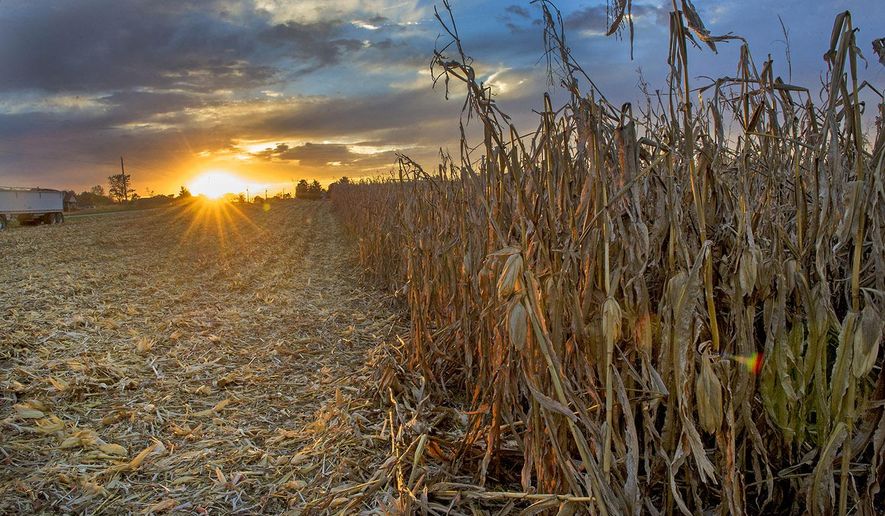Financial woes, lack of broadband internet access and poor health care options are the biggest needs facing rural Americans during the pandemic, according to a new survey of economic and workforce professionals.
Thomas P. Miller and Associates, a national workforce and economic development consulting firm in Indianapolis, found in its Prosperity through Equity Survey released on Monday that 77% of respondents named a lack of affordable housing as the top need in the rural communities where they work.
Access to living-wage jobs (74%), broadband internet (73%), and quality health care (63%) were the next most important needs the survey named.
“We found that many rural communities don’t have a plan in place to address these needs, despite the billions of dollars that the federal government gives them,” said Andrea Adkins-Hutchins, the company’s chief operating officer. “Maybe the solution is not to give them more money, but to come up with alternative support solutions.”
More than 40% of the professionals surveyed said there is “no plan in place” in their community to address the needs.
The survey reports that the socioeconomic recovery of rural Americans from COVID-19 has lagged in comparison to urban communities, with government relief benefits not reaching smaller communities.
This report comes as Americans struggle with record inflation in housing and medical prices, as well as unprecedented turnover in the job market.
A Federal Reserve Bank of New York Survey released Monday found that Americans’ inflation fears remain at a record high early at the start of 2022 — respondents predicted the U.S. inflation rate will rise by 6% a year from now, the highest level since the poll began asking this question in June 2013.
And a record 4.5 million Americans quit their jobs in November while job openings fell slightly.
Other surveys showed a downward trend in rural Americans’ quality of life even before the pandemic.
A 2018 report from the National Institute of Mental Health (NIH) found that more than 60% of rural Americans lived in “mental health professional shortage areas,” a problem that experts say has worsened under COVID-19 shutdowns.
In the Thomas P. Miller and Associates survey, 60% of respondents said the biggest barrier to quality health care in rural areas has been a lack of financial resources.
Despite increased medical needs during COVID-19, nearly half (44%) of the survey’s respondents reported lacking access to quality care.
Another 68% of respondents reported a lack of education about mental health in their communities and 64% reported a lack of quality mental health and support programs.
Respondents ranked access to quality health care as the fourth of the 12 most important needs across rural communities. Access to mental health support came in seventh at 57%, ahead of childcare, community infrastructure and crime prevention.
The survey of 148 economic and workforce development professionals across the country was conducted online from May 5 to Sept. 7. It included virtual listening sessions with rural residents in Indiana and Louisiana.
• Sean Salai can be reached at ssalai@washingtontimes.com.




Please read our comment policy before commenting.